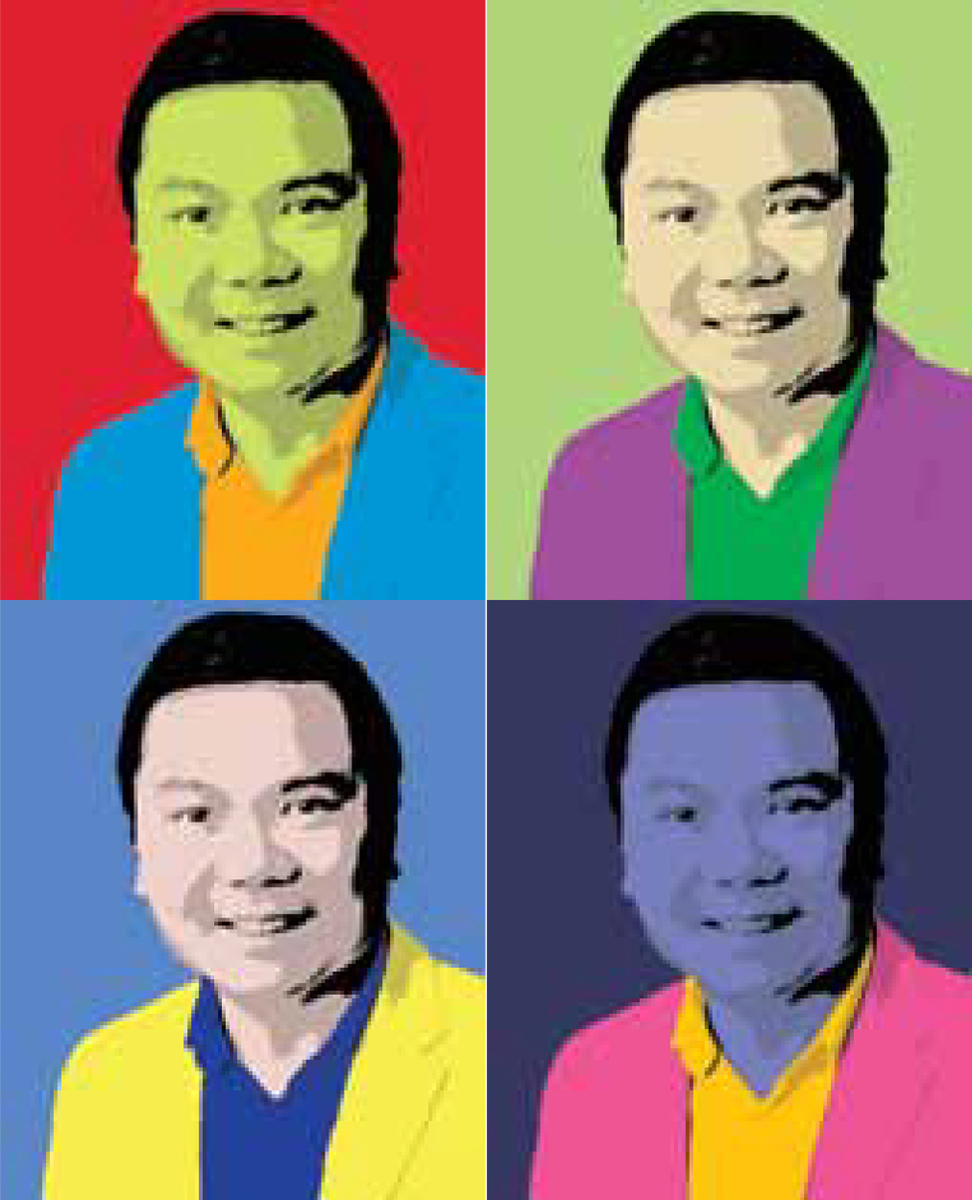Dr Matthew Chow
Dr Chow answers the Proust Questionnaire, telling us about his heroes, his fears, and what he values in his colleagues.

What profession might you have pursued, if not medicine?
I considered a career in the Canadian Armed Forces. My family has a multigenerational tradition of fighting against oppression and defending our shared values. I realize that I’m still doing those things and will continue to do so, just in a different way and in a different forum.
Which talent would you most like to have?
Being able to sing or play a musical instrument at a high level. I can do both passably, but excellence has eluded me.
Who are your heroes?
My dad, for personifying what it means to be honorable. My mom, for taking the difficult hand dealt to her and making the most out of it.
What do you consider your greatest achievement?
Teaching my daughter to ride a bike during the pandemic. The moment she took her feet off the ground and started pedaling on her own made me forget that we were in the middle of a global crisis.
What is your idea of perfect happiness?
The experience of people coming together in mutual understanding and respect.
What is your greatest fear?
Being unheard.
What is the trait you most deplore in yourself?
It’s hard for me to let go sometimes.
What characteristic do your favorite patients share?
They believe in themselves and what they have to offer to the world. They don’t always come to me that way, but it’s my sincere desire to move my patients closer to that critical belief in themselves.
Which living physician do you most admire?
Since we are living through such extraordinary times, I’ll give you two: Dr Bonnie Henry for her leadership of the pandemic response in BC, and Dr Lawrence Loh for providing a glimpse of what it is like to be a public health officer during a global crisis.
Which words or phrases do you most overuse?
I use the word colleague a lot. It’s intentional: I want people to understand that we are working toward something together. We are not just random acquaintances.
What is your favorite place?
Any place where I can close my eyes and feel the thrum of humanity, or conversely a place where we can look up in the sky and realize how small our problems really are.
What is your favorite activity?
I love to learn. Seems like a pretty good pastime given how fast things are changing these days.
On what occasion do you lie?
My daughter still believes in the tooth fairy. I hope she doesn’t read this.
What medical advance do you most anticipate?
Personalized medicine based on genomics. We’ve been making shots in the dark for far too long.
What is your most marked characteristic?
I can bring laughter to even the most tense situation.
What do you most value in your colleagues?
Courage. The kind of courage that speaks truth to power and uplifts the oppressed and vulnerable.
What are your favorite books?
I’ve enjoyed reading the stories in Extraordinary Canadians (by Peter Mansbridge, with Mark Bulgutch) and Everyday Heroes (edited by Jody Mitic). I’ve also been reading a lot of Brené Brown’s work.
What is your greatest regret?
Not taking enough care of my body. You only get one.
What is the proudest moment of your career?
Every moment when I can support my colleagues as we respond to the pandemic.
How would you like to die?
Defending something or someone worthwhile.
What is your motto?
Try to leave a place in better shape than when you arrived. Even better yet, leave a person in better shape than when you first met them.
hidden
Dr Chow is a child and adolescent psychiatrist in Vancouver and the current president of Doctors of BC.

